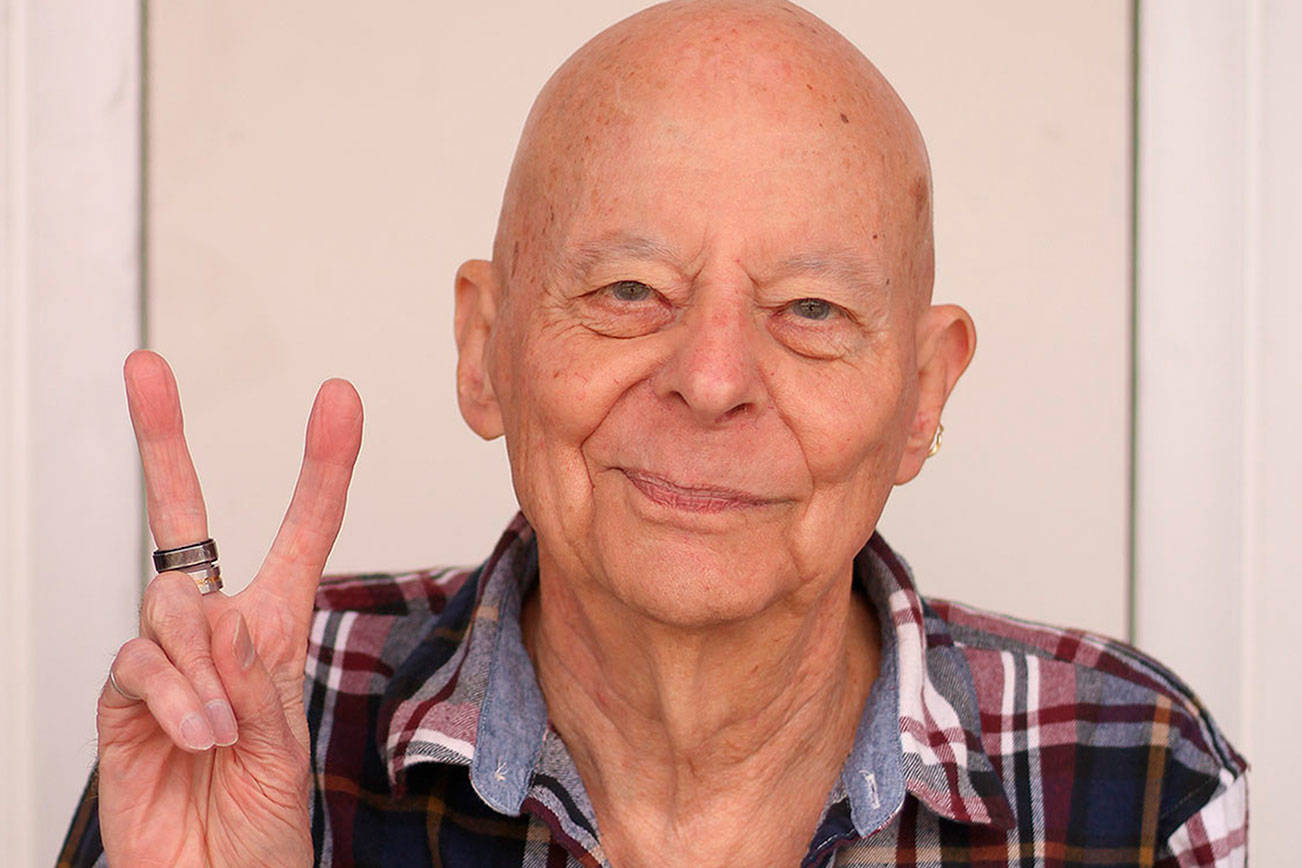Ask any elderly person what they think about today’s popular music compared to the pop music of their youth — back when they “were younger, so much younger than today” — and they’ll almost inevitably tell you the older pop music is better than today’s stuff.
Well, maybe. I’m not sure. (I mean, you have to admit “Abby Road” is a dynamite album and “White Christmas” is one hell of a song.) However, putting the aesthetic issue aside, I can make a pretty good argument that pop music isn’t nearly as valuable or important as it used to be.
Pop music originated in the mid-1800s, when Steven Foster started turning out parlor/minstrel music. Then, during the 1880s and ‘90s, a few other rather lame composers wrote little ditties like “The Bowery” and “The Band Played On.” However, such music didn’t really become popular until radio came along in the 1920s, making it possible to promote selected singers, bands, and songs on a national scale. Suddenly millions of people could listen to the same singers and bands at precisely the same time. Who ever heard of such a thing?
Soon, the individuals and corporations that controlled the radio networks and the recording industry wielded enormous influence over the public’s musical tastes. They compiled a list of the top songs — the one and only listing of top songs — and broadcast it very week on “Your Hit Parade” radio show and later on a TV show, much to the delight of teenagers all over the country.
The invention of the phonograph meant people could buy 78-rpm vinyl records and play them anytime they wished — as long as a turntable was available and you had the records with you. These 78s were handled with a great deal of care — as though inspired by holy intervention — because you didn’t want to scratch them. In many middle-class families, vinyl records were a luxury.
Throughout the 1930s, ‘40s, and ‘50s, there were relatively few superstar singers. Bing Crosby, Elvis, the Andrew Sisters and, of course, Frank Sinatra come immediately to mind. Especially Crosby. He absolutely ruled the air waves for 30 years — from the later 1920s until the early 1950s — he had a hit song every month or so. No one else has ever been nearly that popular for that long a time. (The longevity of some of today’s country stars may be a bit longer than it is with rock musicians, but it still doesn’t amount to much compared to Crosby.) My main point is: The billions of dollars in the music industry weren’t shared with very many people or bands.
Today, that’s no longer the case. Instead, all the money is scattered among tens-of-thousands of singers and bands, so current superstars aren’t nearly as wealthy as they used to be and none of them have the fame or longevity that Elvis and Sinatra had. (In fact, punk rock actually frowns on superstardom and financial success itself.) Rock bands are famous for a few months or years, enjoy a couple of hit recordings, and then retreat and vanish into the background noise, perhaps to return for a reunion tour 20 years later.
There’s no longer one universally recognized list of top songs, like “Your Hit Parade.” Instead, we have one list for heavy metal, another for punk, another for contemporary, for hip-hop, rap, country, country rock, alternative rock, etc. I mean, every band coming down the pike can get a No. 1 song somewhere.
Today, few people buy vinyl albums and CDs. Lugging a collection of records around is a pain in the butt. Alas, pop music is cheaply and readily available on iPhones and Alexa, and it’s just another throw-away product in a throw-away society. In the past, pop music greatly influenced our behavior and values. Today, not so much.
Furthermore, I suspect the same loss of prestige, value, and influence is also true of movies. But that’s my next column.


